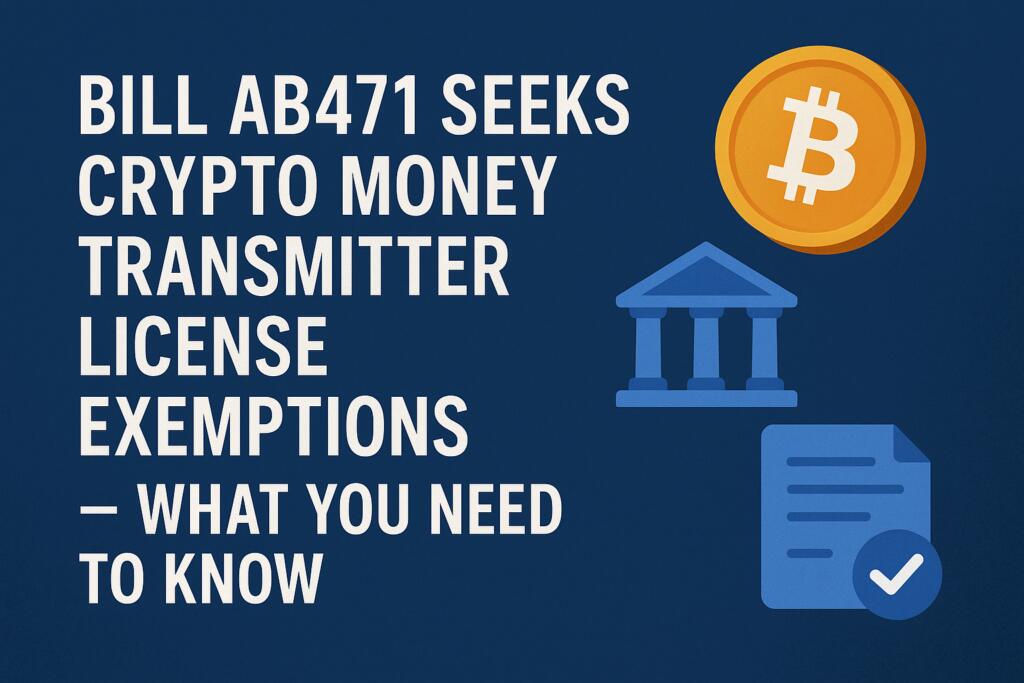Wisconsin is taking a proactive step toward fostering innovation in the cryptocurrency space by proposing legislation designed to clarify regulatory ambiguities. The bill aims to exempt individuals and businesses from licensing requirements related to digital asset activities such as mining, staking, and blockchain development, potentially paving the way for more decentralized and accessible crypto operations within the state.
- The proposed Wisconsin bill would eliminate the need for money transmitter licenses for certain crypto activities, including mining and staking.
- It clarifies that digital asset exchanges without involving conversion to fiat currency are exempt from state licensing.
- The bill explicitly grants rights to accept digital assets for payments and participate in blockchain networks without restrictions.
- Currently under legislative review, the bill seeks to reduce regulatory gray areas surrounding crypto in Wisconsin.
Wisconsin lawmakers introduced a bill Monday that could significantly impact cryptocurrency regulation within the state. The legislation aims to exempt individuals and businesses involved in digital asset activities from obtaining money transmitter licenses, which are typically required to operate in the crypto sector.
According to a document from the Wisconsin Legislative Reference Bureau, the bill strives to clearly define exemptions from licensing mandates by the Department of Financial Institutions (DFI) for various crypto-related activities. If enacted, this would notably include activities such as crypto mining, staking, and developing blockchain software.
The legislation also exempts digital asset exchanges where transactions do not involve converting digital assets into legal tender or cash deposits. This move aligns with broader efforts to delineate the boundaries of crypto regulation, providing clarity for industry participants.
Further, the bill affirms that neither state agencies nor local governments can prohibit or restrict the acceptance of digital assets as payment for goods and services, nor can they restrict custody of digital assets through self-hosted or hardware wallets. The legislation explicitly grants individuals the right to operate nodes, develop blockchain software, transfer digital assets, and participate in staking activities.
“Under the bill, individuals and businesses in Wisconsin can engage in blockchain activities without fear of local restrictions,” said a legal analyst familiar with crypto regulation.
Despite these progressive provisions, the bill still faces legislative hurdles. It is sponsored by seven Republican representatives and two Republican senators and has been sent to the Committee on Financial Institutions. According to Legiscan, it currently has a 25% chance of passing through all legislative stages, requiring approval from both chambers and additional committees before becoming law.
This legislative effort reflects ongoing attempts across U.S. states to bring clarity to crypto regulation, which remains a patchwork of uncertain rules despite increasing adoption of digital currencies, DeFi platforms, and NFTs. As more states consider favorable policies, the crypto community watches closely for signals of a more consistent and supportive regulatory environment nationwide.
